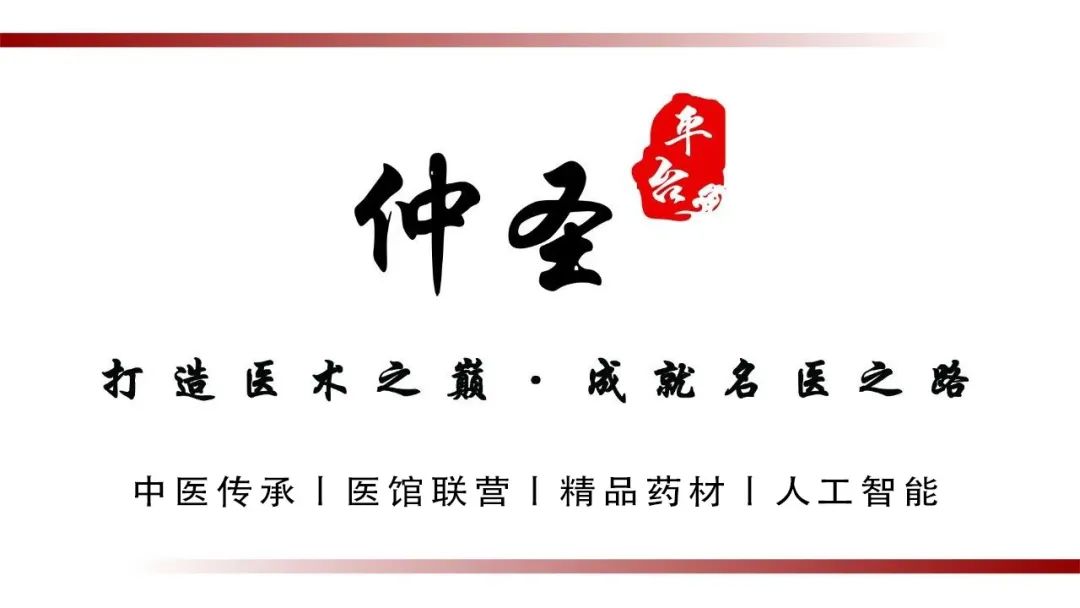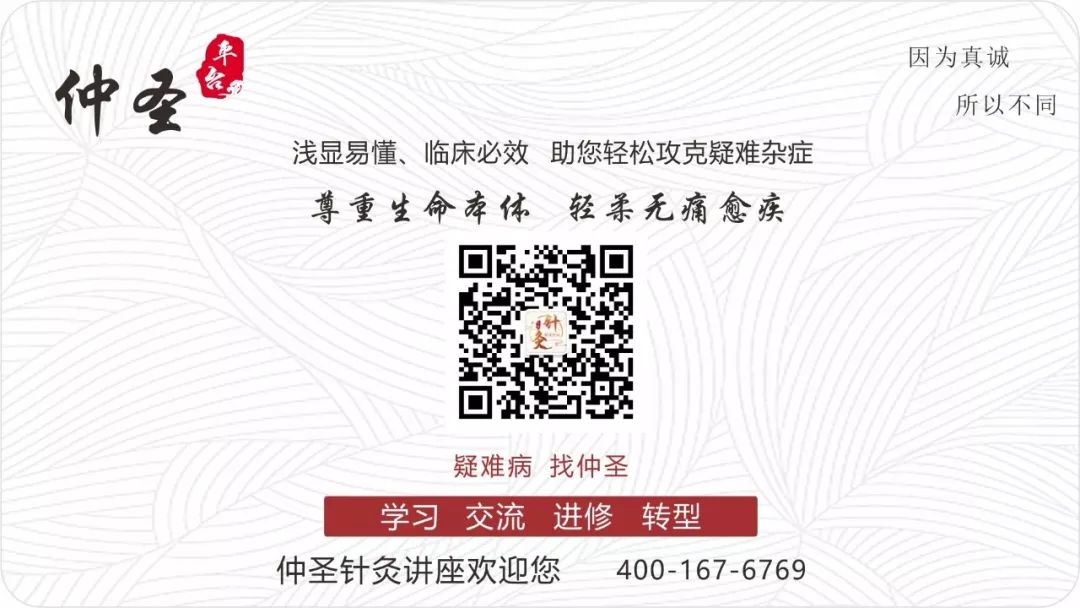 Warm reminder: The audio is read by a robot, and fellow practitioners can choose to listen according to their needs.
Warm reminder: The audio is read by a robot, and fellow practitioners can choose to listen according to their needs.
Emotions are the human mind’s response to external stimuli.In Traditional Chinese Medicine (TCM), appropriately expressing emotions is beneficial for health, but repression or excessive expression can harm the body.To address emotional issues, we must cultivate the heart and mind, gradually becoming aware and managing our emotions, and nurturing our character.
TCM categorizes emotions into joy, anger, worry, contemplation, sadness, fear, and shock, with corresponding relationships to the five organs: excessive joy harms the heart, excessive anger harms the liver, excessive worry harms the spleen, excessive sadness harms the lungs, and excessive fear harms the kidneys.
A normal person, in daily life, may experience a little happiness, a little anger, a little sadness, and a little fear without harming their body. Only when these emotions become excessive do they affect health.
Emotional fluctuations can influence the movement of Yang Qi within the body, and different fluctuations affect the trajectory of Yang Qi differently. The Huangdi Neijing summarizes this as: anger causes Qi to rise, joy causes Qi to slow, fear causes Qi to descend, shock causes Qi to become chaotic, sadness causes Qi to dissipate, worry causes Qi to gather, and contemplation causes Qi to stagnate.
1Anger causes Qi to rise
When one is angry, Yang Qi rises, which is why some people turn red in the face during heated arguments; the Yang Qi pushes blood upward, causing a sudden rush of blood to the face, resulting in redness.
There is an interesting term in ancient China: “anger causes hair to stand on end.” Hair is a surplus of blood; when a person is angry, the blood rushes to the head, causing the hair to stand up, which can even lift a hat. This is an exaggerated expression, but it reflects the common understanding of this phenomenon in ancient TCM.
Severe anger can lead to acute illnesses, such as stroke and cerebral hemorrhage. When blood rushes to the head, blood vessels that are already congested can easily rupture, leading to cerebral hemorrhage. Additionally, if a person is weak, the sudden rush of Yang Qi can cause them to faint, allowing cold pathogens to enter the body, resulting in paralysis.
Many elderly individuals on television have died from anger caused by family disputes, which has some truth to it. During severe illness, the body is weak, and the last bit of Yang Qi resides in the kidneys. If a family member provokes anger, that last bit of Yang Qi can rise, leading to a phenomenon known as “returning light” where the face flushes before death.
Therefore, when patients are very weak or after surgery, it is important not to provoke strong emotions in them for their recovery.
In daily life, anger can harm the liver and gallbladder, especially for those who bottle up their anger, leading to liver Qi stagnation. The emotion of anger actually consists of two processes:the first stage is liver Qi stagnation; when you become angry about something, your body reacts strongly, causing liver Qi to stagnate. The second stage is venting; when the liver detects stagnation in its meridians, it attempts to release the stagnation, causing Qi to rise, and emotions to be expressed through language and actions.
People who bottle up their anger remain stuck in the first stage, unable to release the Qi. If liver Qi stagnation occurs occasionally, it is not a major issue, as the body can self-regulate. During sleep, the body can clear some negative emotions, and stagnant Qi may be released through bodily functions, such as burping or passing gas, leading to relief.
Although the body has a self-clearing ability, frequent anger can overwhelm this ability, leading to more severe liver Qi stagnation, resulting in symptoms like fullness in the chest and sides, loss of appetite, nausea, and bitter dry mouth due to liver Qi not flowing smoothly and gallbladder Qi reversing.
Moreover, liver and gallbladder issues often manifest with gastrointestinal symptoms, as the liver and gallbladder are wood, while the stomach and intestines are earth; wood overcomes earth. Therefore, those who experience bloating or diarrhea when angry likely have liver and gallbladder issues. By soothing liver Qi, these symptoms can be alleviated. Many chronic stomach issues are also related to liver and gallbladder problems, which is why TCM often combines liver-soothing herbs with those that strengthen the earth when treating stomach conditions, leading to quicker recovery.
2Excessive joy causes Qi to slow down
A mild sense of joy is very beneficial for the body. The Huangdi Neijing states: “Joy causes Qi to harmonize and the will to be fulfilled, thus Qi slows down.” When a person feels joy, the movement of Yang Qi throughout the body becomes smooth, and previously stagnant areas become unblocked, allowing Yang Qi to flow gently and harmoniously.
Once Yang Qi flows smoothly, it can better nourish the skin, which is why there is a saying, “A smile can take ten years off your age.” Those who maintain a joyful disposition not only stay healthy but also appear younger. Some may argue that those who laugh often develop many wrinkles, but this is not the case; wrinkles form when muscles relax and Yang Qi fails to reach the face, preventing the transport of blood and moisture. Over time, lack of nourishment leads to dry skin and wrinkles. For example, children who laugh often do not develop wrinkles because they have abundant Yang Qi.
However, excessive joy can harm the heart; for instance, some people faint from overwhelming joy upon winning the lottery. Any extreme emotion can harm the body. Excessive joy can slow down Qi movement, leading to a state of lethargy. Have you ever noticed that after a hearty laugh or a moment of great joy, you feel less motivated to do anything? This is a sign of Qi slowing down, leading to a state of apathy.
3Fear causes Yang Qi to descend
Some people turn pale when frightened because the blood and Qi descend. Some may even experience incontinence due to Yang Qi descending; if the Yang Qi is weak below, it cannot hold the urinary and anal sphincters, leading to involuntary release. This is more common in the elderly, who often have weak Yang Qi.
The kidneys are responsible for storing essence and Qi for bodily development, bone marrow formation, and reproductive functions. However, when a person experiences excessive fear, Yang Qi descends, leading to incontinence, and even the essence stored in the kidneys may be expelled with urine and feces, resulting in a depletion of kidney essence. In extreme cases, individuals may die from shock.
It is a misconception that only sudden fright can harm the kidneys; prolonged exposure to fear can gradually deplete kidney essence, leading to a pale complexion and lack of vitality. This is because fear causes Qi to descend, preventing blood and Qi from reaching the face, and the gradual loss of essence leads to a lack of energy and spirit.
4Sadness has a significant detrimental effect on the body
Some sadness is not fleeting; it can last a long time, such as after a breakup or the death of a loved one. As mentioned earlier, sadness causes Qi to dissipate; when a person is in a state of sadness, their Qi diminishes.
Prolonged sadness and deep grief can easily lead to Yang deficiency, weakening the body’s resistance. Some individuals who are already weak may faint from crying too much. Patients who remain in a state of sadness find it difficult to recover, as their Yang Qi is continuously depleted by this emotion, making it hard for them to heal.
Sadness also harms the lungs; when a person is sad, lung Qi tightens, preventing the expulsion of turbid air and phlegm. Over time, this leads to an accumulation of waste gases and tightness in lung Qi, resulting in lung disease.
Many ancient stories recount individuals who died from excessive grief over the loss of a spouse or parent, as their Yang Qi was depleted, and evil Qi accumulated within, leading to fatal illnesses.
5Contemplation causes Qi stagnation
When a person overthinks, Qi becomes stagnant because all attention is focused on the matter at hand, leading to an excessive supply of Yang Qi to the brain. Over time, this concentration causes Yang Qi to stagnate in the brain.
Stagnation of Yang Qi in the brain can lead to insomnia; many people experience this when they think too much, leading to restless nights filled with dreams, as Yang Qi stagnates in the brain, preventing the heart and spirit from descending into the kidneys.
When a person is deep in thought, the digestive function of the spleen and stomach diminishes, as Yang Qi is concentrated in the brain. The spleen and stomach, deprived of energy, become weak, leading to poor digestion. Consider the intense study periods during high school; many students experience a decline in appetite and energy during such times.
The spleen and stomach are the source of postnatal Qi, transforming food into the energy that supports daily activities. A significant portion of Yang Qi is generated by the spleen and stomach, which also categorizes the nutrients according to the needs of various organs.
Therefore, individuals with long-term spleen and stomach dysfunction often appear emaciated, fatigued, and frequently ill, not only due to Yang deficiency but also because the five organs are not nourished. Thus, it is essential to balance work and rest, avoid prolonged contemplation, take breaks, and relax to prevent harm to the body.
6Shock causes Qi chaos
Shock and fear are often linked, but shock primarily disrupts the spirit, causing unease, while fear is more about dread. Sudden shock can lead to a disordered state of mind, causing Qi to become chaotic, which can be observed through an erratic pulse.
Frequent Qi chaos can easily lead to blood stasis and prevent Yang Qi from properly protecting the body.It is worth noting that children are particularly susceptible to shock; they may cry at night or appear flustered after being startled, indicating that their spirit is unsettled. Gentle acupressure on specific points can help calm them.
7Worry causes Qi to gather
The final emotion is worry, which arises when the mind cannot balance reality with expectations. Worry is the fear of bad things happening, while contemplation is the hope for good outcomes; both reflect a conflict between the present and the future. Our minds should focus on the present, and when we dwell on the future, we become overwhelmed, leading to worry.
When worried, Qi gathers; instead of spreading to protect the body, it becomes concentrated, leading to Yang deficiency and increased susceptibility to illness.Living in a constant state of worry can also lead to liver Qi stagnation, negatively impacting both the liver and spleen.
This discussion on emotions and illness aims to remind everyone not to experience extreme joy, anger, fear, or sadness, as these can harm the body. While external treatments and medications can address emotional-related illnesses, the root cause must be addressed through emotional regulation, gradual awareness, and self-cultivation!

【Copyright Notice】: Some content is sourced from the internet, and copyright belongs to the respective rights holders. Please retain copyright information when reproducing. Thank you!

Previous Highlights

There is an acupoint for relieving constipation; pressing it for 5 minutes before a bowel movement can help! Two life-saving acupoints that everyone should know! 100 precious remedies passed down from our ancestors; it’s best to memorize them!



